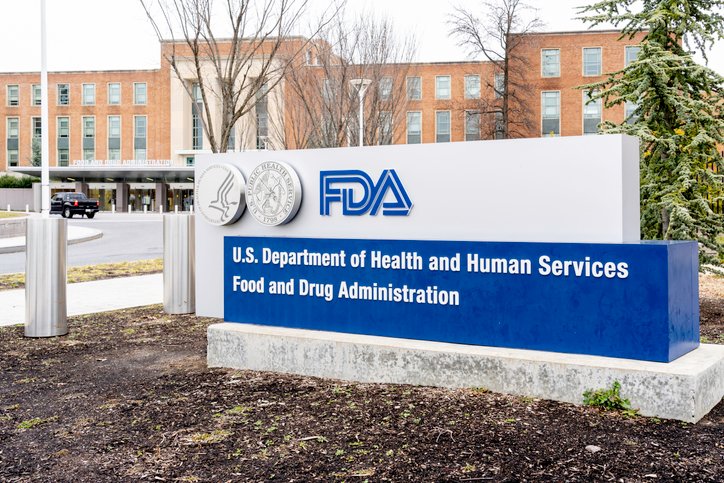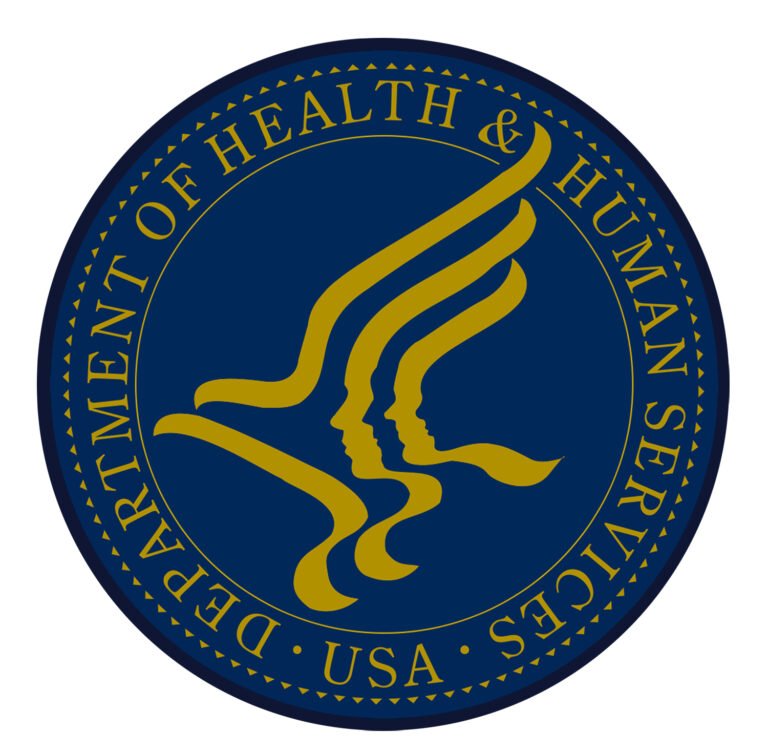
Washington, D.C., USA- January 13, 2020: FDA Sign at its headquarters in Washington DC. The Food and Drug Administration (FDA or USFDA) is a federal agency of the USA.
WASHINGTON, D.C. — The U.S. Food and Drug Administration (FDA) is advising consumers, retailers, and distributors to refrain from eating, selling, or serving specific eggs from Black Sheep Egg Company, following a recall due to possible Salmonella contamination.
This recall impacts 12- and 18-count cartons of Free Range Large Grade A Brown Eggs branded by Black Sheep Egg Company, with Best By dates ranging from August 22, 2025, to October 31, 2025. The cartons feature UPC codes 860010568507 and 860010568538.
As per the FDA, the Arkansas-based company distributed these eggs to various businesses in Arkansas and Missouri between July 9 and September 17, 2025, and these eggs might have been repackaged and sold under different brands, potentially reaching other states.
Salmonella Found in Egg Facility
An FDA inspection of the Black Sheep Egg Company’s processing plant revealed 40 positive environmental samples for Salmonella, which included seven distinct strains — some of which are recognized to cause illness in humans. Although the FDA has not yet connected the facility to a larger outbreak, the agency is implementing precautionary steps to safeguard public health.
In response, Black Sheep Egg Company has started a voluntary recall and is reaching out to distributors. However, FDA officials caution that contaminated eggs might still be present in consumers’ homes and on store shelves.
Additional Recall: Kenz Henz Eggs Sold in Texas
In a related development, Kenz Henz, a Texas-based egg distributor, recalled its 12-count packages of “Grade AA Large Pasture Raised Eggs” after receiving eggs from Black Sheep Egg Company. These eggs were sold in Houston-area retail stores, and carry UPC code 86949400030, Julian dates 241 (Aug 30) through 247 (Sep 5), and Best By dates from October 11 to October 17.
Salmonella can cause serious illness, especially in young children, older adults, and people with weakened immune systems. Symptoms typically develop 12 to 72 hours after exposure and include diarrhea, fever, and abdominal cramps. Illness usually lasts four to seven days but can be severe enough to require hospitalization.
FDA Recommendations
The FDA advises consumers and businesses to:
- Check egg cartons for the affected UPC codes and dates.
- Dispose of any recalled eggs or return them to the place of purchase.
- Sanitize all surfaces, containers, and utensils that may have come into contact with the eggs.
- Avoid eating or serving eggs if you’re unsure whether they are part of the recall — when in doubt, throw them out.
- Seek medical attention if you develop symptoms of Salmonella after eating eggs.
Further distribution details and potentially affected products will be added to the advisory as more information becomes available.
For more guidance, visit the FDA’s egg safety page
and stay updated on food recalls.



